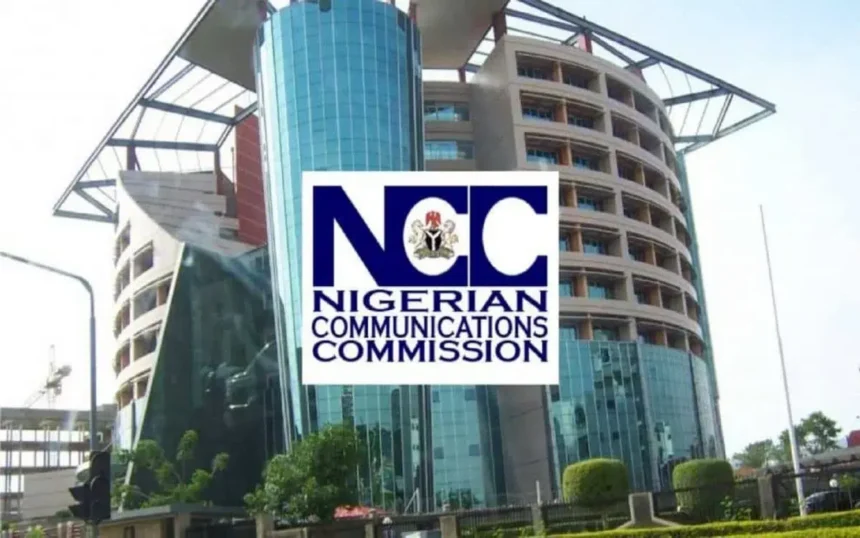The Nigerian Communications Commission (NCC) has unveiled a draft general authorisation framework aimed at fostering innovation, bridging regulatory gaps, and strengthening Nigeria’s position as a digital economy leader in Africa.
Speaking at a stakeholders’ forum in Abuja on Thursday, the Executive Vice Chairman/CEO of the NCC, Dr. Aminu Maida, represented by the Executive Commissioner for Stakeholders Management, Barrister Remini Makama, said the new framework signals a bold regulatory shift designed to enable Nigeria’s telecom industry to adapt swiftly to disruptive technologies and emerging services that do not fit into the traditional licensing structures.
According to Dr. Maida, Nigeria’s telecoms sector has witnessed remarkable growth since liberalisation 24 years ago, achieving over 79.65 per cent tele-density and 48.81 per cent broadband penetration as of May 2025.
However, the industry is now at what he described as a turning point, where regulation must evolve to support a wave of innovations from 5G networks and AI-driven smart technologies to blockchain and fintech solutions, reshaping critical sectors like finance, education, and governance.
“Modern regulation must be designed to enable innovation rather than hinder it. This lies at the heart of the General Authorisation Framework. The initiative introduces a flexible and responsive licensing approach to accommodate new and emerging services outside existing licence categories”, Dr. Maida stated
The draft framework proposes three key instruments: a Proof-of-Concept (PoC) mechanism to validate novel ideas in real-world conditions; a Regulatory Sandbox to test new solutions under controlled supervision; and an Interim Service Authorisation (ISA) to temporarily licence services pending the development of new licence categories.
Speaking further, the Director of the NCC’s Licensing and Authorisation Department, Usman Mamman, said the framework was developed after extensive research, benchmarking global best practices in innovation support such as Ofcom’s Sandbox in the UK and Singapore’s IMDA testbeds.
“These mechanisms are time-bound, transparent, and designed to generate vital data for future regulation while minimising disruption to the market. Importantly, this framework allows the Commission to be proactive rather than reactive—to embrace innovation without losing regulatory oversight”, Mamman explained.
He stressed that the framework aligns with key national policies like the Nigeria Data Protection Act 2023, the National Broadband Plan, and the Nigerian Communications Act of 2003.
He said it also integrates safeguards covering data protection, cybersecurity, customer privacy, and measures to prevent market abuse.
The NCC emphasised that industry collaboration will be crucial to the framework’s success, calling on Mobile Network Operators, service providers, infrastructure companies, OEMs, start-ups, civil society, and academia to actively contribute feedback.
“As we look to the future, we must ensure that no one is left behind. That means expanding access, closing connectivity gaps, and empowering our youth, women, and underserved communities through inclusive innovation,” Dr. Maida said.
The stakeholders’ session marks the beginning of wider consultations, with participants urged to share practical insights that will refine the framework into an adaptive and robust tool for nurturing homegrown solutions, attracting investment, and accelerating Nigeria’s digital transformation.
ALSO READ TOP STORIES FROM NIGERIAN TRIBUNE
WATCH TOP VIDEOS FROM NIGERIAN TRIBUNE TV
- Let’s Talk About SELF-AWARENESS
- Is Your Confidence Mistaken for Pride? Let’s talk about it
- Is Etiquette About Perfection…Or Just Not Being Rude?
- Top Psychologist Reveal 3 Signs You’re Struggling With Imposter Syndrome
- Do You Pick Up Work-Related Calls at Midnight or Never? Let’s Talk About Boundaries







